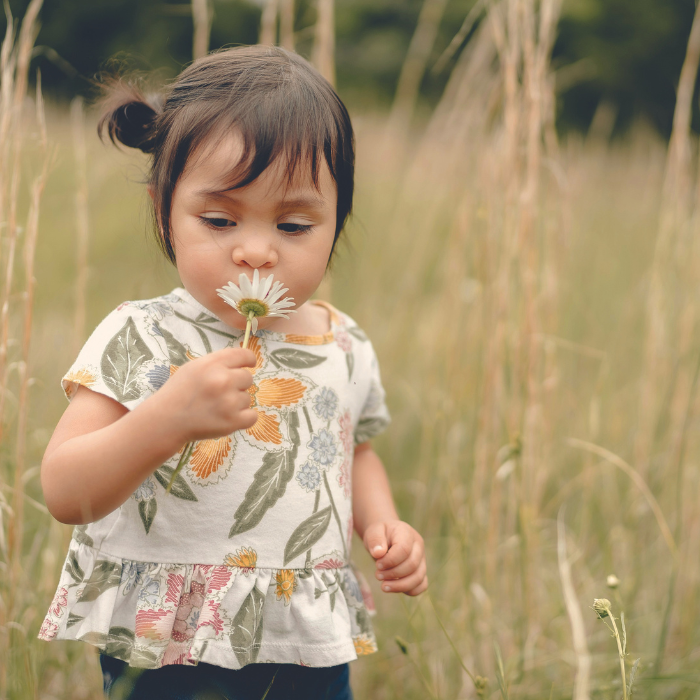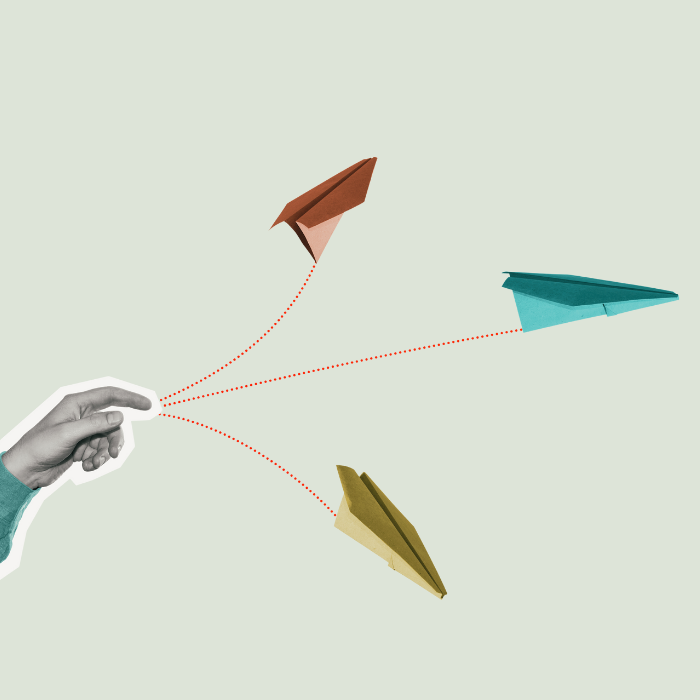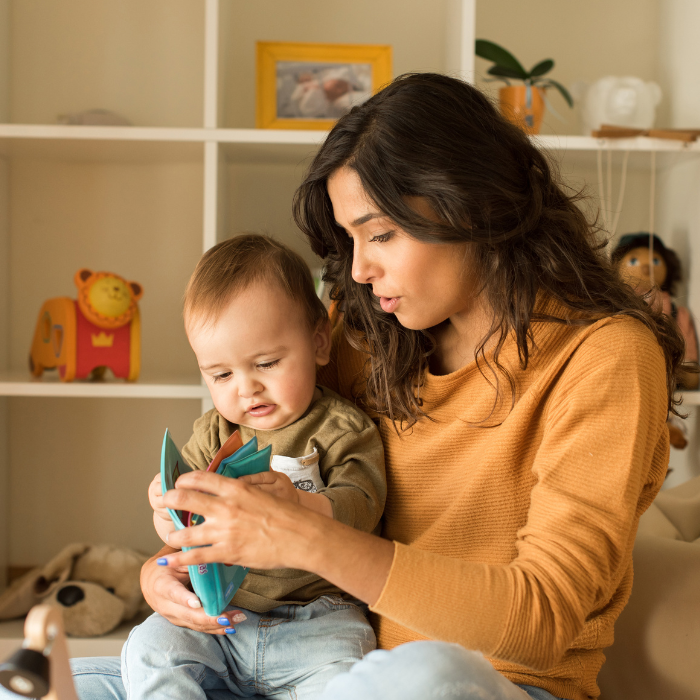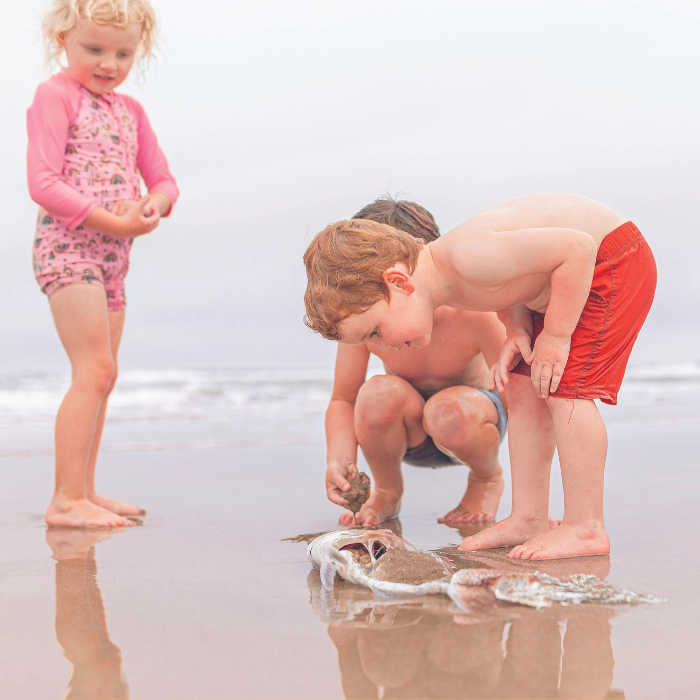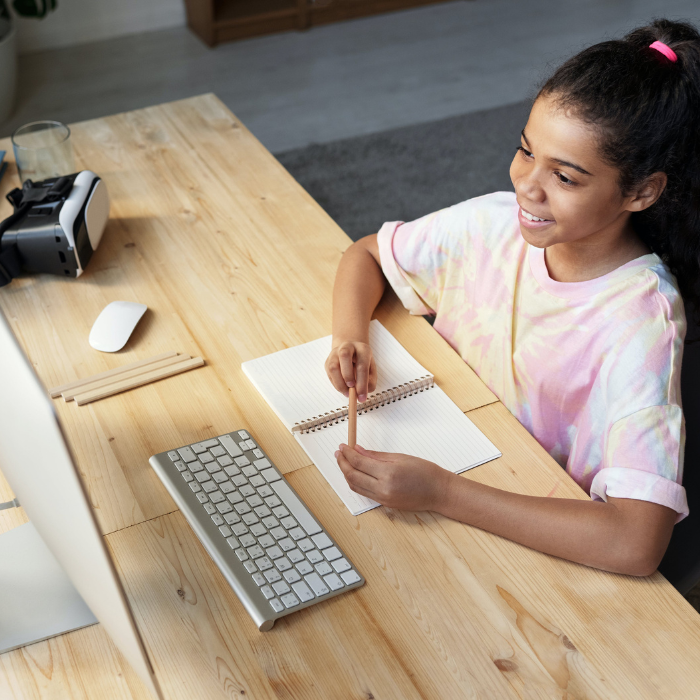
Yvonne Walus explains why children’s learning often hits a lull over the holiday break.
Scientists tell us that, on average, school children lose about two months of progress in reading and math over the summer. But, wait, what? Our Kiwi Christmas holidays don’t even last two months! The explanation is simple: most research into this topic is conducted in the Northern Hemisphere (Europe and the United States), where the summer holidays are up to 12 weeks long.
Although the down-under summer holidays are shorter, and no formal research exists in the New Zealand context, anecdotal evidence suggests that kids usually start the new school year with achievement levels lower than before the holidays. The summer break is a time when kids typically ditch the books and head for the beach (or for the electronics), so it shouldn’t be too surprising if school knowledge doesn’t get used and subsequently gets rusty or disappears altogether. Skills you learn at school are a bit like muscles: if you don’t use them, you lose them.
The brain needs a break
On the other hand, school holidays are there for a reason: just like our muscles need a rest after a workout session, so do our brains. A lot of research has gone into mapping out the idle brain with MRI, and the leading theory is that the brain needs a lot of downtime, not only to process what it has learned, but also to generate innovative ideas. Moreover, to deny the brain its vital idle time long-term could cause impaired function and mental health issues.
“Skills you learn at school are a bit like muscles: if you don’t use them, you lose them.”
What can parents do?
So what can we do to help keep their brains sharp and school-ready, yet well-rested? As usual, the secret to combat the summer learning setback lies in a good balance between total relaxation and some intentional learning. Children learn in two ways: structured and unstructured. Structured learning involves giving the child a particular task, with clear guidance and rules on how to complete it (a lot like traditional schooling); while unstructured learning allows children creative freedom to explore and broaden their understanding of a topic (child-driven education). Think of the summer holiday ahead and decide how much time you’d like your children to spend doing their own thing (resting and not revising or learning new things), and how much on unstructured and structured learning.
Not all structured learning has to be burdensome. To practice numeracy skills, for example, you can go for a walk and count the number of seagulls or the number of red cars you encounter on the way (check out our Car Search game on page 22). For number recognition, identify numbers on letterboxes or on car plates as you walk by. You might like to play board games such as Monopoly and card games such as UNO. Or how about baking a cake together, and letting your child measure the ingredients? To encourage reading, ask your kids to scour the junk mail pamphlets for special deals.
With older children, why not start a book club in which they read their favourite books and then discuss them with you over afternoon tea? Or encourage them to write a blog about things that matter to them. Visits to museums are usually educational (and at the very least will give the kids the opportunity to read the signs on the exhibits). You can also purchase a robotics kit and build a robot together. Also, if you need to send your children to a holiday programme while you’re at work, see whether you can find one with a bit more focus on learning.
Keep em movin’
A British study has revealed that the summer holidays could adversely affect children’s health and fitness levels. During the school year, most kids participate in sports and PE, but summer holidays often mean sitting in front of screens all day. In addition, children from lower socio- economic families who have less positive experiences during the break may have worse mental health at the end of the summer holidays.
Remember to read
While children are in Primary School, reading is the most important school-related thing they can do in the holidays. This is both in order to practice the skill, and also because books stimulate the imagination and contribute to children’s understanding of the world. Inspire your kids to read
in their free time in a way that makes it a fun activity, not a chore. Find books that are engaging and that tap into your child’s current interests: fairies, spies, ponies, pirates. Some children might prefer stories, others non-fiction books with lots of facts and information on how the world works. Your local librarian will be able to suggest popular titles



